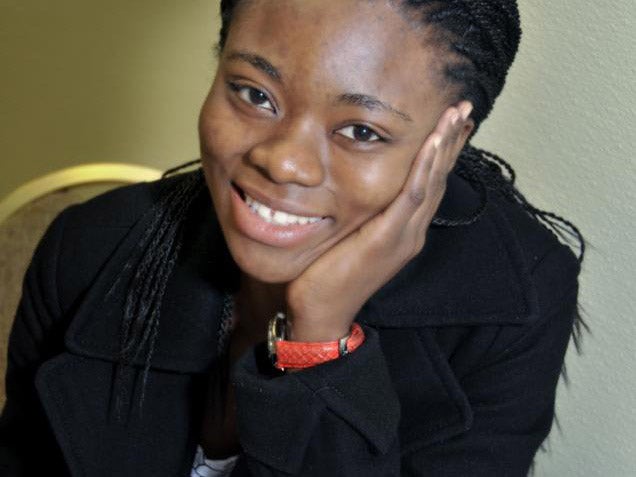World-leading medical college accepts first black female neurosurgeon
Nancy Abu-Bonsrah to take up place at Johns Hopkins School of Medicine in July

Your support helps us to tell the story
From reproductive rights to climate change to Big Tech, The Independent is on the ground when the story is developing. Whether it's investigating the financials of Elon Musk's pro-Trump PAC or producing our latest documentary, 'The A Word', which shines a light on the American women fighting for reproductive rights, we know how important it is to parse out the facts from the messaging.
At such a critical moment in US history, we need reporters on the ground. Your donation allows us to keep sending journalists to speak to both sides of the story.
The Independent is trusted by Americans across the entire political spectrum. And unlike many other quality news outlets, we choose not to lock Americans out of our reporting and analysis with paywalls. We believe quality journalism should be available to everyone, paid for by those who can afford it.
Your support makes all the difference.When Nancy Abu-Bonsrah discovered she had been accepted to train as a brain surgeon at Johns Hopkins School of Medicine, the fact she had made history took a while to sink in.
The 26-year-old from Ghana is the first black woman to join the neurosurgery program at the prestigious US college, where the medical discipline of neurological surgery was founded.
“It’s something I didn’t really think about too much until I opened the envelope and was like, 'woah',” she told The Independent. “Then talking to other people in the department confirmed the suspicion.”
Ms Abu-Bonsrah, who starts her training with four other residents in July, used department office records of past students to double-check, but her older brother had soon told friends and family the news.
“He was so excited, happy and proud,” she said. “And when I came home that day and everything had sank in, I made a small Facebook post.”
The post, with a picture of her acceptance note alongside one of her and her husband, has been liked more than a thousand times.
Ms Abu-Bonsrah said she had moved to the US from Ghana around 11 years ago and studied chemistry and biochemistry at Mount St Mary's University in Maryland.
She then went straight to Johns Hopkins University, also in Maryland, to study medicine.
Her interest in neurosurgery stems from a trip to Ghana she took in her winter break in her junior year of college, to shadow doctors and learn more about the country’s health system, because she hoped to return there to work one day.
“It happened that the physician I shadowed there was a neurosurgeon. I was impressed by his skill, and I was also impressed by his boldness in general,” she said.
“Ususally when I think about brain surgery, I think the brain is sacred and you don't touch it or do anything to it, but to see them do these remarkable surgeries, and have good outcomes was something that impressed me.”
She also noticed how “overwhelmed” the surgeons appeared to be, saying: “There were countless patients that they had to see and there are so few of them.
“I thought it would be nice to combine my interest in this field with an opportunity to provide service back to my country and other countries that don't have as much surgical infrastructure.”
Harvey Cushing founded the speciality of neurosurgery at Johns Hopkins in the early 20th century. Another famous historical brain scientist, Walter Dandy, also worked at the institution.
The college is consistently ranked in the top five medical universities in the world, alongside Harvard University and Oxford and Cambridge.
Before she begins her residency, Ms Abu-Bonsrah said she plans to relax, prepare for the course by reading, and travel to Ghana and to attend a conference in LA.
“My family and my husband are all very grateful and thankful for this opportunity,” she said. “People see our and my story and see how far my family has come, and it gives them inspiration that it's possible for them as well.”
Join our commenting forum
Join thought-provoking conversations, follow other Independent readers and see their replies
Comments